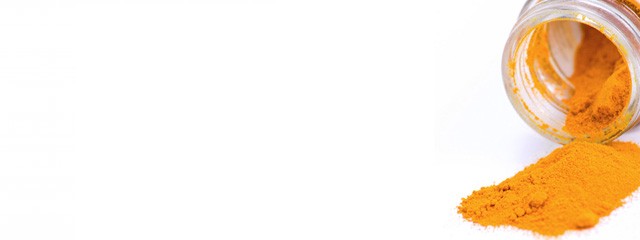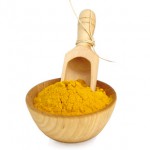Posts

Nutrition for arthritic pain
 Should We Rely on Pain Killers? Chiropractic & Nutrition May Give Relief
Should We Rely on Pain Killers? Chiropractic & Nutrition May Give Relief
If you suffer from arthritic pain many people are reluctant to rely on pain killers to treat the symptoms. You can help ease your pain by seeking conservative treatment like chiropractic and massage in combination with good nutritional intervention to ease the inflammatory pain.
Eliminate Foods
Many people, particularly Rheumatoid Arthritis sufferers find relief when they eliminate certain foods from their diet. The main culprits are tobacco and foods from the nightshade family including tomatoes, peppers, potatoes and aubergines. These foods contain substances which have been shown to affect joints in some individuals. Refer to the blog regarding the blood type diet for more information on how the nightshade family may not be suitable for blood-type A individuals, for example.
Fats
From the standpoint of arthritis the role of dietary fats cannot be avoided as some of these are converted in the body to inflammatory prostaglandins – substances which increase pain and inflammation. Processed fats which have been ‘hydrogenated’ cause the formation of free radicals which can be damaging to joints. Therefore any foods containing hydrogenated fats should be avoided. However, many convenience foods contain hydrogenated fats, so make sure you read the labels and always try to eat fresh, organic produce.
Good fats
Some fats in the diet are anti-inflammatory and may help to alleviate the pain in some arthritis sufferers. These are the essential fatty acids (EFAs) which are the Omega-6 and Omega-3 fats. They are found in unsaturated vegetable oils and oily fish such as herring, salmon and sardines. However, many people would benefit from taking supplements of borage, blackcurrant seed oil or a stable fish oil.
Promising Results
Various studies have been carried out looking into the effectiveness of essential fatty acids in helping improve arthritic joints. The results of which have been very promising. Other useful nutrients for helping with arthritic joints are antioxidant nutrients, vitamins A,C,E, selenium and zinc. These help to fight free radicals.
Antioxidants ‘Mop up’ free radicals
Free radicals are very unstable molecules that react with other unstable molecules in the body and cause problems such as joint and cardiovascular damage. The antioxidant nutrients help to ‘mop up’ free radicals. Vitamin C is also a very important constituent of collagen which helps to build and maintain cartilage.
Glucosamine sulphate is another supplement which many people with osteoarthritis find helpful. It is involved in joint maintenance and synovial fluid production. Glucosamine sulphate has been compared to nonsteroidal, anti-inflammatory drugs in various studies. The glucosamine sulphate was shown to be as effective as the drugs in treating the pain and improving mobility of the joints. As well as improving joint mobility and relieving pain, glucosamine sulphate does not cause the side effects that many anti-arthritic drugs cause. Chondroitin is also used for cartilage regeneration but glucosamine has had more research done on it. Both have studies that show they are effective for osteoarthritis but no single trial has compared the effects of the two.
Minerals and Herbs
Bone minerals and herbs are also essential to prevent bone loss and to maintain bone density. Calcium, magnesium and boron are three important bone minerals which may be taken as nutritional supplements to enhance the dietary intake. Herbal preparations such as shave grass containing silica which is important for bone development and yucca, which has anti-inflammatory effects, may help.
Organic Sulphur
MSM (methyl sulphonyl methane) is another preparation that is gaining a very good reputation in helping relieve joint pain and stiffness. It is a form of sulphur that is very well absorbed. Sulphur plays an essential role in the health of bones and joints, where it functions in the formation of cartilage, tendons and ligaments.
There are many other nutrients that can help ease your pain and Nutri have put together a small guide to help pick out the beneficial foods and supplements. See Help with inflammation for more details
If you wish to order any of the supplements mentioned or require further information or personal recommendations, please get in touch using the contact form.


